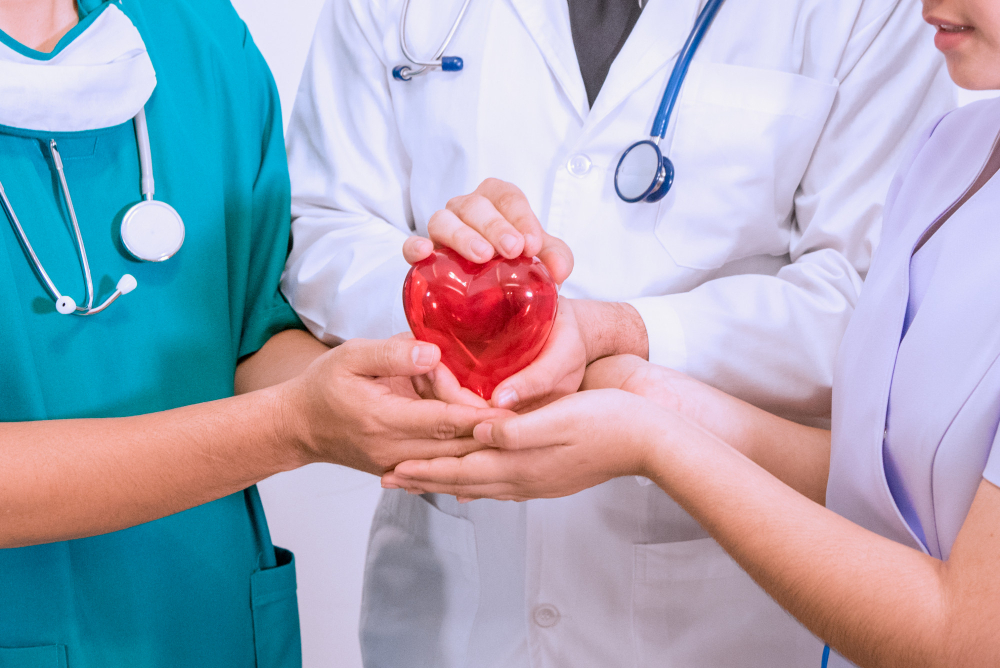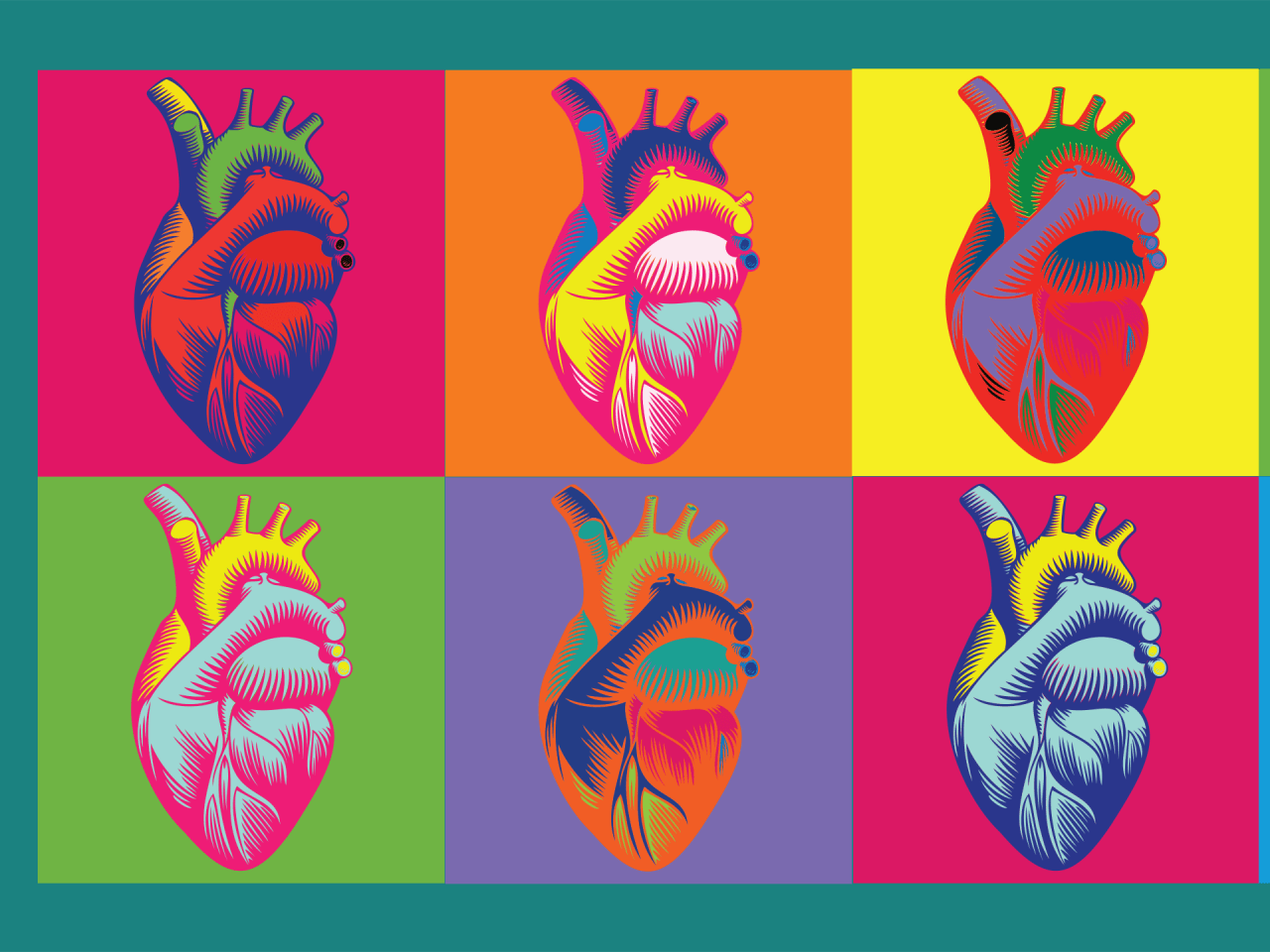Some Ideas on Arogyajivan Medical Tourism For Oncology You Need To Know
Some Ideas on Arogyajivan Medical Tourism For Oncology You Need To Know
Blog Article
Some Known Facts About Arogyajivan Medical Tourism For Oncology.
Table of ContentsNot known Details About Arogyajivan Medical Tourism For Oncology The Single Strategy To Use For Arogyajivan Medical Tourism For OncologySome Known Details About Arogyajivan Medical Tourism For Oncology What Does Arogyajivan Medical Tourism For Oncology Mean?The Greatest Guide To Arogyajivan Medical Tourism For OncologySome Known Facts About Arogyajivan Medical Tourism For Oncology.
With its emphasis on minimally invasive techniques, advanced imaging, and personalised medicine, interventional cardiology is transforming the way we come close to heart health and wellness. At Atrius Cardiac Treatment, we are committed to offering our clients with the finest of treatment, making sure that they receive the most effective possible end results on their course to heart health and wellness.Heart disease (CVDs) are the leading cause of death globally. An estimated 17.9 million people died from CVDs in 2019, representing 32% of all international fatalities (ArogyaJivan Medical Tourism for Oncology). Of these deaths, 85% were due to cardiac arrest and stroke. Over three quarters of CVD fatalities occur in low- and middle-income nations.
The most common factor for this is an accumulation of fatty down payments on the internal walls of the capillary that provide the heart or mind. Strokes can be brought on by bleeding from a blood vessel in the mind or from embolism. The most crucial behavioural risk variables of heart condition and stroke are unhealthy diet, physical lack of exercise, cigarette use and harmful use of alcohol.
The 9-Minute Rule for Arogyajivan Medical Tourism For Oncology
Furthermore the individual might experience trouble in breathing or shortness of breath; queasiness or throwing up; light-headedness or faintness; an anxiety; and transforming light. Females are most likely than men to have shortness of breath, nausea, vomiting, and back or jaw discomfort. The most common sign of a stroke is abrupt weak point of the face, arm, or leg, frequently on one side of the body.
People experiencing these signs must look for treatment promptly. Rheumatic heart problem is brought on by damage to the heart valves and heart muscle mass from the swelling and scarring triggered by rheumatic high temperature. Rheumatic fever is brought on by an uncommon reaction of the body to infection with streptococcal bacteria, which typically starts as a sore throat or tonsillitis in children.
Arogyajivan Medical Tourism For Oncology Fundamentals Explained

An intense occasion such as a heart assault or stroke ought to be without delay taken care of. They consist of: coronary artery bypass; balloon angioplasty (where a little balloon-like tool is threaded with an artery to open the obstruction); shutoff repair service and substitute; heart transplantation; andartificial heart procedures.
Fascination About Arogyajivan Medical Tourism For Oncology
Throughout the previous 2 years, significant strides have actually been made in the medical diagnosis and treatment of heart condition. Nuclear cardiology has use this link played a critical duty in diagnosing heart disease, assessing disease severity, and anticipating outcomes.
The blood vessels end up being slim when fatty down payments develop inside the arterial wall surface. This is the procedure of atherosclerosis. When the arteries become clogged up, the blood circulation to the heart muscle suffers and a cardiac arrest can take place. Nuclear cardiology research studies use noninvasive techniques to examine myocardial blood flow, assess the pumping function of the heart in addition to visualize the size and area of a heart assault.

Arogyajivan Medical Tourism For Oncology for Beginners
Radionuclide ventriculography is a noninvasive research study that gives information concerning the pumping function of the heart. In individuals with coronary artery disease and in those that have had a cardiac arrest, the assessment of the pumping function of the heart (additionally recognized as the ejection portion) is necessary in the prediction of both lasting and short-term survival.
These strategies can additionally give info regarding the function of the valves of the heart, the honesty of all the cardiac chambers and can be used to additional reading keep an eye on the result of various medications on the heart muscle mass (in clients with cancer cells that are treated with chemotherapy). The assessment of cardiac function with radionuclide ventriculography is accurate and noninvasive and continues to play a crucial duty in forecasting outcomes in patients with heart problem.
Nuclear cardiology strategies can be made use of to determine which locations of the heart muscular tissue have actually been damaged by infection or by a cardiac arrest. These techniques can also be utilized to keep an eye on the standing of the heart muscle mass in the client after heart transplantation. ArogyaJivan Medical Get More Info Tourism for Oncology. The heart has its own worried system, which is critical for the appropriate functioning of the heart muscle mass
An irregular heart price and disarray of the normal cardiac rhythm can materialize this irregularity. Imaging agents are injected right into the blood stream and after that the nerves of the heart can be imaged utilizing a gamma video camera. The information gotten from these noninvasive studies can be utilized in the monitoring of people with heart problem, especially cardiac arrest.
Getting My Arogyajivan Medical Tourism For Oncology To Work
These research studies can outline the heart muscular tissue that is not getting ample blood circulation because of the obstruction in the arteries of the heart. These studies can also show the heart muscle mass that has actually been scarred from previous cardiac arrest, and additionally what has been damaged however has the prospective to recuperate if a bypass surgery or an angioplasty is performed.

, which is composed of your heart, arteries, and veins.
Report this page